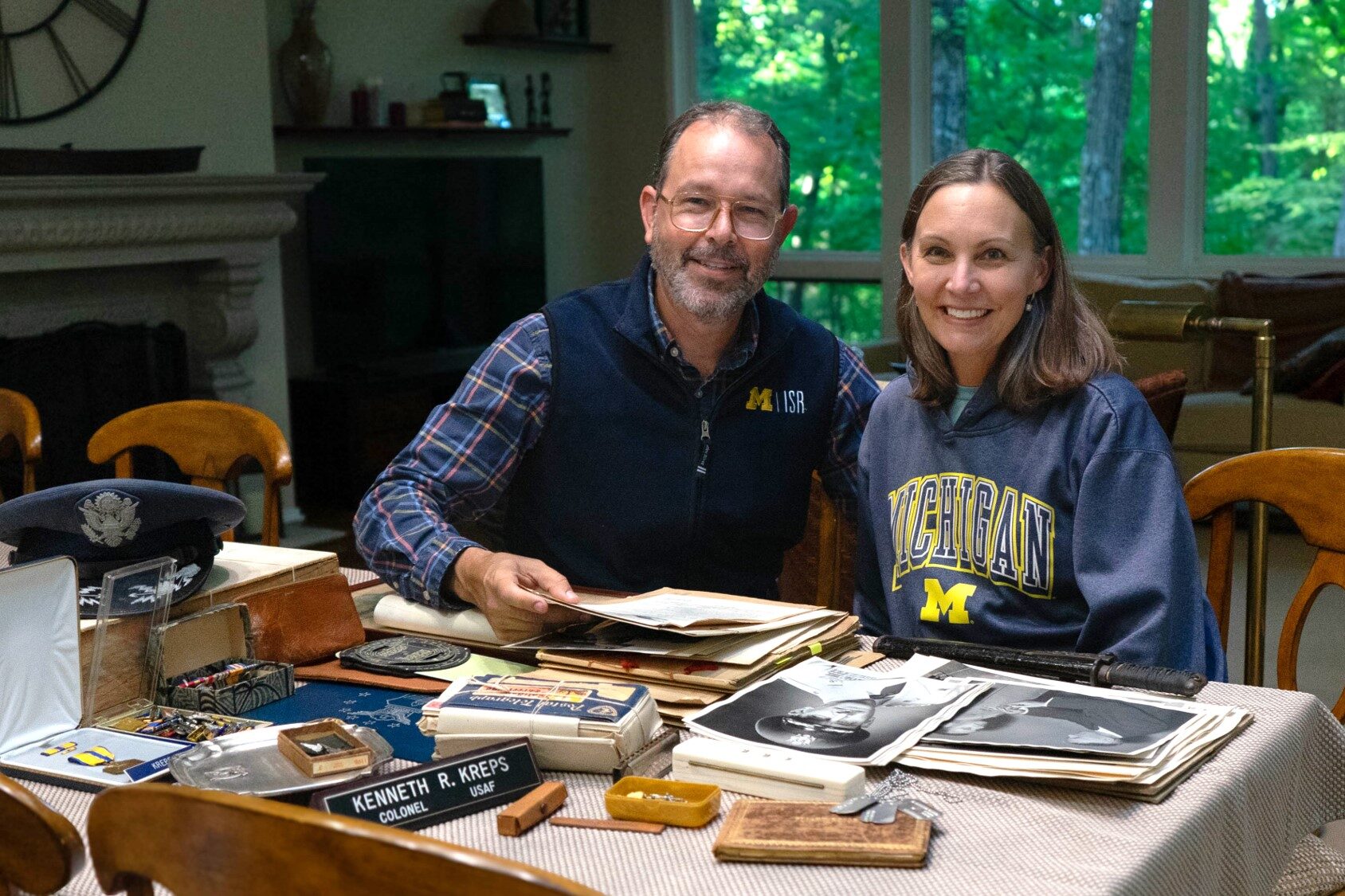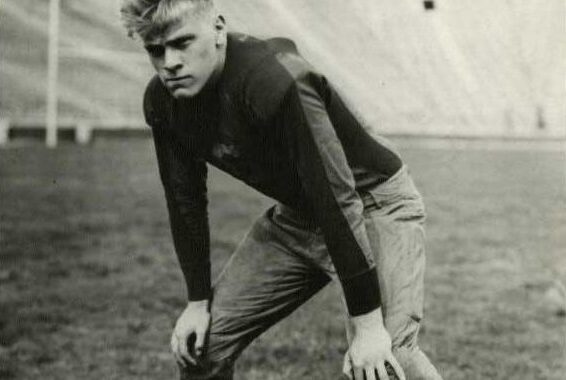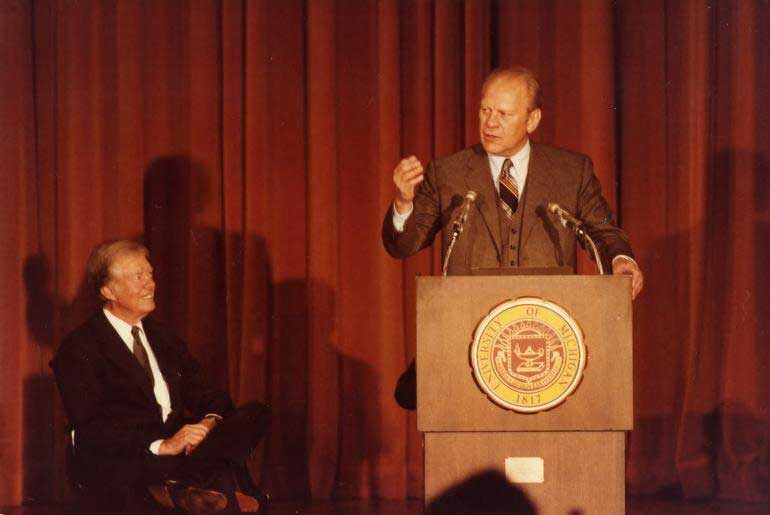A family’s quest for a hero’s ‘war chest’

From undisclosed honors to covert operations, the valiant military exploits of Colonel Kenneth Kreps were veiled in secrecy until a fateful discovery by his descendants. Witness the unveiling of a World War II hero’s saga as his family unpacks a long-lost treasure trove of historic memorabilia.
-
The Latin Tinge
Professor seeks to unify themes from different perspectives, which he hopes will “generate new ways of thinking about things.”
-
Exonerations correct only a small fraction of false convictions
Among defendants sentenced to death in the United States since 1973, at least 2.3 percent — and possibly more — were falsely convicted. So says a study co-authored by U-M law professor Samuel Gross.
-
Hotspots in developing countries will fuel demand for global energy
Developing countries use proportionally less energy than industrialized nations, but this could soon change. And it’s not just increased car use: as air conditioning becomes more widespread, energy use worldwide could soar.
-
25 years of show biz
It’s the anniversary of U-M’s Musical Theatre program, and many of its famous alums are returning to campus to celebrate.

-
Vets and depression: Returning from war to fight new battle
Nearly a third of veterans treated at Veterans Affairs health care centers have significant depressive symptoms, and about 13 percent have clinically diagnosed depression. Depression is bad enough; it’s also a serious risk factor for suicide.

-
Risks of heavy snoring
Chronic snoring could be a symptom of sleep apnea, which increases the risk of heart attack and stroke.

Columns
-
President's Message
Eureka! A look at the knowledge ecosystem
With $1.86 billion in research funding, U-M is leading the way in everything from energy solutions to artificial intelligence. -
Editor's Blog
A crisis by any other name…
You know what they say about opportunity. It knocks but once before the door slams shut. -
Health Yourself
So much for farm to table … We’ve got lab to table now
Who's ready to eat chicken that scientists 'hatched' in a lab and not from an egg? -
Climate Blue
How to keep your head above uncharted waters
Ricky Rood says goodbye to Floodtown as he guides us through the changing climate.
Commemorating an exceptional presidency
Fifty years ago, at a time of great division and turbulence in the U.S., Gerald R. Ford was sworn in as the 38th president of the United States. President Ford’s legacy is very much alive at the Ford School of Public Policy. This slideshow is inspired by the school’s recent tribute, “A life of public service,” in the Spring 2024 issue of State & Hill magazine. As noted by the editors, the values that distinguished Ford remain highly relevant to policy students today: his lifelong commitment to principled public service, his integrity, and his ability to connect across differences to forge consensus.


















